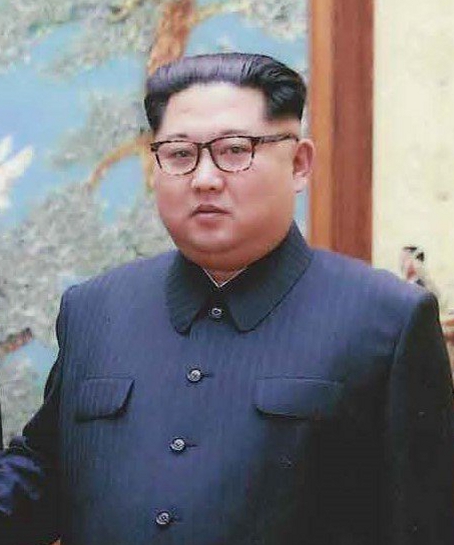N.K. leader not mentioned among deputies newly elected to parliament
North Korean leader Kim Jong-un was not included in a list of deputies newly elected to the communist state’s rubber-stamp parliament, state media reports showed Tuesday, sparking speculation about what the unprecedented move means. Kim’s name was not mentioned when the Korean Central Broadcasting Station, a state radio network, called out the names one by one of all 687 deputies elected to the 14th Supreme People’s Assembly (SPA) in Sunday’s nationwide polls. It would mark the first time in North Korean history that the highest leader has not held a seat in the SPA. Both of Kim’s predecessors, his grandfather, and national founder Kim Il-sung and his late father Kim Jong-il, concurrently held parliamentary seats.
Kim’s absence from the list means he didn’t run. Elections in North Korea are a formality, with all candidates getting elected with 100 percent of the vote. State media did not mention Kim’s candidate registration before or after the elections. It was unclear why Kim decided not to run and what the decision means for the country. But regardless of the reason, the decision doesn’t appear to suggest that his grip on power is slipping. Some experts said the decision could be part of Kim’s efforts to project himself as a leader of a normal state where the executive and legislative branches are separate. Kim was last elected to the assembly in March 2014 when the first parliamentary elections were held since he came to power. He ran for a seat in the Mount Paektu Constituency No. 111, a mountain known to be the sacred birthplace of his late father.
Kim’s younger sister, Yo-jong was among the newly elected, according to Pyongyang’s state media. Foreign Minister Ri Yong-ho and Vice Foreign Minister Choe Son-hui, who led nuclear talks with the United States, appeared to be elected as deputies for the first time. Some of those handling inter-Korean affairs made it to the assembly as well. The list included Ri Son-gwon, chairman of the Committee for the Peaceful Reunification of the Country, and Ri Jong-hyok, vice chairman of the Korean Asia-Pacific Peace Committee.
Kim Yong-chol, vice chairman of the North’s ruling Workers’ Party Central Committee, who has served as U.S. Secretary of State Mike Pompeo’s counterpart in recent meetings with Washington; Ri Su-yong, who is in charge of international affairs at the Workers’ Party of Korea; and Kim Song, North Korea’s ambassador to the United Nations, also appeared to have been elected as deputies. As Pyongyang’s media did not show their photos, nor provide details of their job titles, there is a possibility that they could be different people with the same names. The Korean Central News Agency reported that 99.99 percent of eligible voters cast ballots in the Sunday elections and all new deputies were elected with 100 percent of the vote.
Elections in North Korea are widely viewed as a formality but the Sunday’s elections drew keen attention as they could provide a glimpse into any possible power shift under the young leader. The elections also came after Kim returned home empty-handed from his second summit with U.S. President Donald Trump in Hanoi late last month.
(Yonhap)

























































